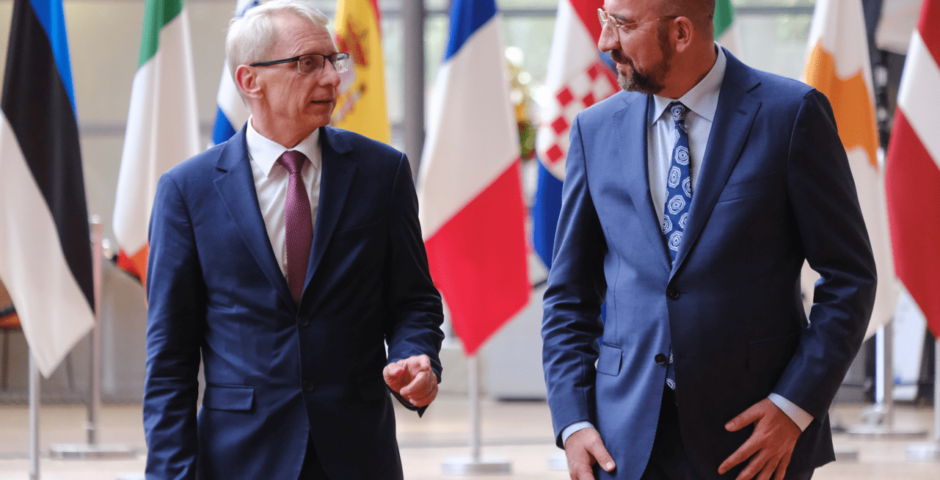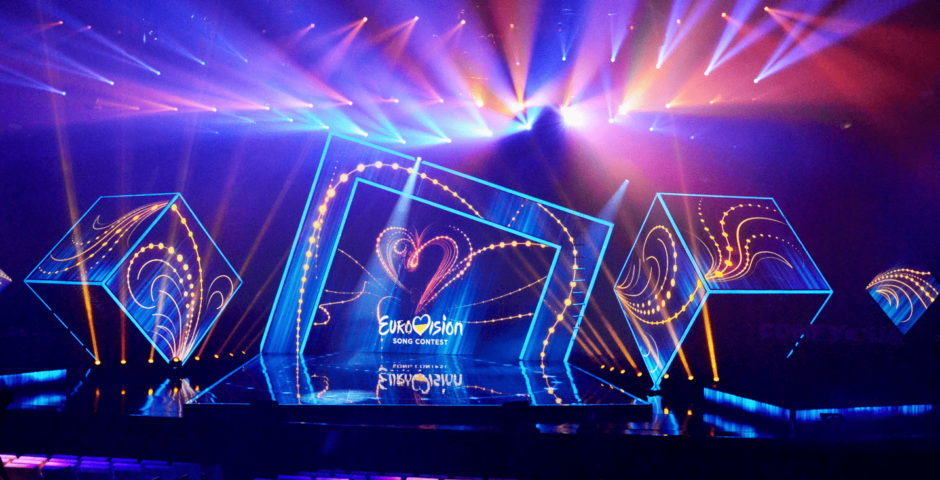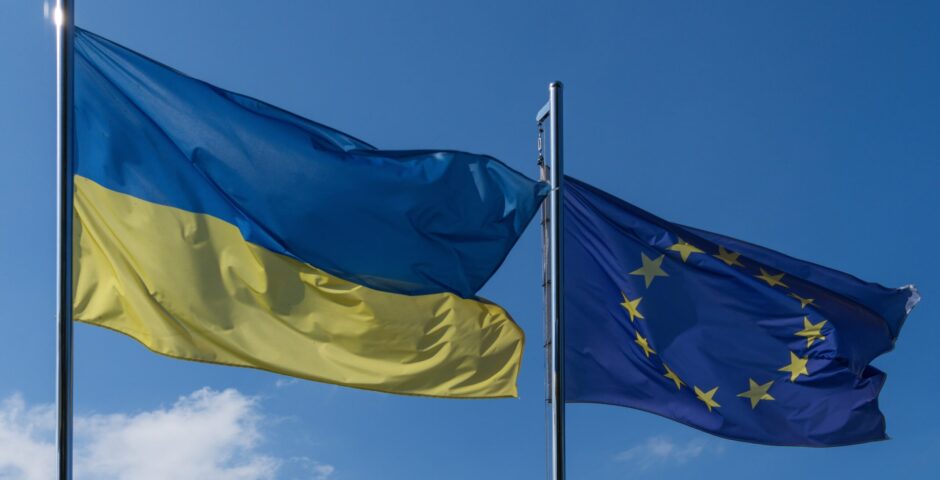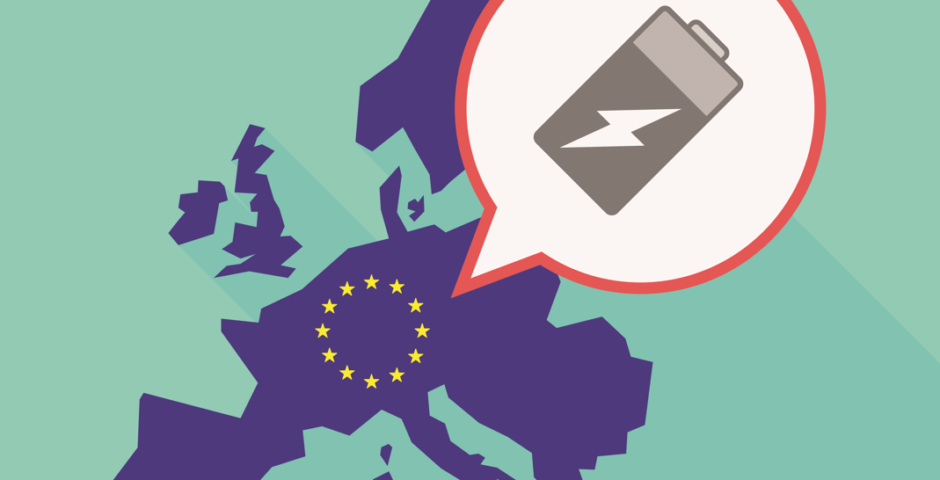The European Council: Steering Europe’s Future

How the European Council balances power, diplomacy, and strategy like a ship with 27 captains.
At the heart of the European Union (EU), where political dynamics and unforeseen challenges are the norm, the European Council acts as the conductor of a complex orchestra. Comprising the heads of state or government of the EU member states, the President of the European Council, and the President of the European Commission, it plays a key role in determining the general political direction and priorities of the European Union. As the strategic body of the EU, the Council serves as a decisive platform for addressing crucial and complex issues, seeking consensus among member states to tackle common challenges and set policy directions. In an era where the Union faces a rapid succession of challenges, ranging from war on the continent to the rise of the far-right, the role of this Council in navigating and shaping the future of its member states is crucial. This article offers an in-depth look at how this influential institution determines the EU’s direction and helps shape its future.
The European Council’s Evolution
Originating from an informal gathering in 1974, the European Council has evolved from a modest discussion forum to a central player on the European political stage. Initially serving mainly as an advisory body to promote understanding among member states, its role now extends beyond everyday legislative activities, focusing on outlining long-term strategies and policy frameworks. This growth illustrates the Council’s increasing influence in tackling the complicated problems encountered by the EU. The evolution of the European Council from an informal consultation body to a central decision-making power mirrors the gradual integration and deepening of the European Union, growing from an economic collaboration to a comprehensive political entity. Just as the Council has developed into a strategic player in addressing continental and global challenges, so has the EU emerged as a significant player on the world stage, exerting ever-greater influence on internal and external policy areas.
As the complexity of both the Union and the global stage grew, so did the responsibilities of the Council. A significant milestone in this development was the Maastricht Treaty in 1992, which laid the groundwork for a politically more integrated Europe and thus for a more influential European Council. Its central role was definitively affirmed with the Lisbon Treaty in 2009, formally recognizing the Council as a crucial entity within the EU. Especially during the 2008 financial crisis, the Council proved its indispensable value as a crisis manager, leading a coordinated response crucial for maintaining stability within the Eurozone.
Today, the European Council stands above everyday legislation, focusing on setting large-scale and long-term agendas. During regular summits, the most recent example being the summit where new European support for Ukraine was pledged, leaders of the EU member states meet with the President of the European Council and the President of the European Commission (at the time of writing, Charles Michel and Ursula von der Leyen, respectively) to determine the future direction of the EU.
Among the influential figures who have shaped the course of the European Council, Herman Van Rompuy holds a prominent place as its first permanent President. His term, which began in 2009, was characterized by a calm, consensus-oriented leadership style, invaluable during the euro crisis. His ability to foster unity in turbulent times was extremely valuable. Donald Tusk, the current Prime Minister of Poland, succeeded Herman Van Rompuy in 2014 as President of the European Council. His presidency marked a turning point in the EU’s approach to two of its most urgent crises: the migration crisis and Brexit. Under his leadership, the European Council adopted a more assertive stance in dealing with the migration crisis, advocating for strengthened border control and improved cooperation with countries outside the EU to manage migration flows. This period was marked by intensive negotiations and agreements, such as the EU-Turkey deal in March 2016, aimed at reducing the influx of refugees and migrants to Europe.
Simultaneously, the European Council under Tusk’s presidency played a crucial role in the complex and often tense negotiations with the United Kingdom (UK) over Brexit. Tusk faced the challenging task of maintaining unity among the EU member states while balancing respect for the British people’s decision and protecting the interests of the European Union. His leadership during this period was characterized by clear communication and a determined stance, emphasizing the need for an orderly and fair withdrawal of the UK from the EU. His steadfast leadership was crucial in maintaining unity among the EU countries amidst these challenges, highlighting the Council’s adaptability and flexibility in response to an increasingly complex world outside the Union.
The Art of Consensus Building
Amid all the complexity, the European Council also serves as the EU’s strategic compass, essential for finding consensus among member states. This task, requiring as much diplomatic skill as it does balancing art, is crucial for maintaining unity within the diverse EU. The Council is at the center of major issues – from economic policy to migration, from foreign relations to climate change – always seeking common ground in a landscape of diversity.
On the global stage, the European Council emerges as a crucial player in times of crisis. Its role in stabilizing the eurozone during financial turmoil or navigating through complex geopolitical challenges cannot be underestimated. The refugee crisis of 2015-2016 and the Brexit negotiations exemplify the Council’s decision-making power. During the refugee crisis, the Council played a crucial role in formulating a collective European response, balancing humanitarian concerns with the practical capabilities of member states and public opinions. This included the controversial but crucial agreement with Turkey to manage the migration flow, showcasing the Council’s ability to navigate diplomatic issues. In the Brexit negotiations, the Council was instrumental in maintaining a united stance among the remaining 27 EU countries, setting the tone for the negotiations and ensuring that the EU’s core principles were upheld. These events highlight the impact of the Council on EU policy and underscore the complexity of consensus-building in a Union rich in diversity.
Interplay with Other EU Institutions
Though the European Council does not have direct legislative power, its strategic decisions significantly impact the entire EU. The Council played a key role in setting climate and energy targets for 2030, establishing ambitious goals for reducing greenhouse gas emissions, increasing the use of renewable energy, and improving energy efficiency. These strategic decisions paved the way for a series of legislative initiatives at the EU level, including the Fit for 55 package. This package is an ambitious set of measures by the EU to reduce net greenhouse gas emissions by at least 55% by 2030 compared to 1990 levels, a crucial step towards climate neutrality by 2050. These measures include reforming the EU Emissions Trading System, introducing new energy taxes, and promoting renewable energy, significantly impacting the legislative and policy agenda of the European Commission and the European Parliament.
The Council faces the challenge of balancing nationalist sentiments, changing global power dynamics, and urgent environmental issues with the need to maintain unity within the EU. This delicate balancing act, sometimes criticized as slow or opaque, is a continual struggle between decisiveness and democratic consensus. The process of forging compromises behind closed doors, often without detailed disclosure of considerations and decision-making criteria, contributes to this perception of opacity. This lack of transparency in decision-making makes it difficult for the public to understand the reasons behind decisions, reinforcing the image that the Council sometimes seems distant from the public.
On the international stage, the European Council represents an intriguing contrast to other global decision-making bodies, such as the United Nations Security Council. Both entities are indispensable in addressing global crises, but they employ fundamentally different approaches. Unlike the UN Security Council, known for its veto power, the European Council uses a more egalitarian and consensus-based method. This approach reflects the core values of the European Union. However, recent developments show that the European Council is also susceptible to the influence of power politics. Viktor Orbán, the Prime Minister of Hungary, has, for example, repeatedly attempted to obtain (financial) concessions for his country by strategically threatening vetoes. This tactic underscores the Council’s unique position within the EU, where balancing individual national interests with aligning these interests in line with the Union’s common goals is a continual process.
Steering the EU in uncertain times
As the EU continues to navigate the complex waters of the 21st century, the role of the European Council in setting strategic directions is more vital than ever. The Council’s decisions will not only shape the EU’s internal dynamics but also its role on the global stage. Evolving from a consultative gathering to a strategic hub, the European Council has anchored itself in the EU’s governance structure. Understanding this institution’s subtleties is key to comprehending the wider story of European integration and international diplomacy.
This journey into the Council’s workings reveals the intricate interplay of power, diplomacy, and strategy at the heart of the EU’s pursuit of unity and prosperity. In a world where navigating politics often feels like steering a ship through a storm, the European Council aims to stand as the EU’s experienced executive, charting a course through uncharted waters. However, where exactly it is steering the ship continues to be a matter of debate, a conversation in which the European Commission and Parliament have a significant voice. It is therefore paramount that, as our world gets more challenging, the EU identifies a common narrative and path. After all, in the sea of global politics, it’s not just about staying afloat, but about setting a course for a destination worth reaching.
Image: Shutterstock




